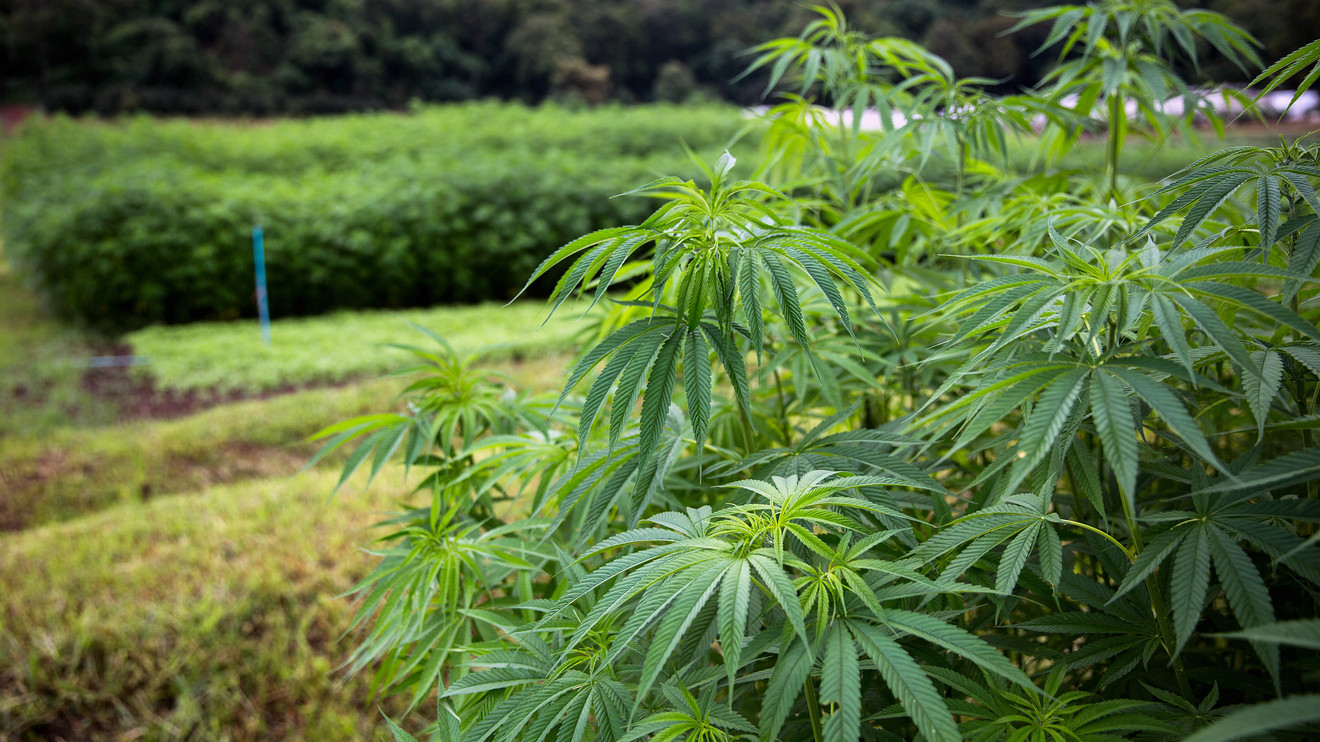
- There is a lot more to learn about Hemp. While hemp is a very old crop (as in thousands of years old) it is still quite a mystery. Little is known about hemp breeding and production due to its long history of illegality and moral stigma. It was left behind throughout the advances made through modern breeding techniques and research over the last 100 years. But a lot of folks are making great strides in closing the research gap with other commodities.
- Intellectual Property Protection of hemp may face fewer hurdles in the short run. Because hemp was illegal for so long, there are precious few publications about it – in other words, there is virtually no prior art. This could make it easier to acquire patent/PVP protection, at least for a while. It also make it difficult for accused infringers to mount an invalidity defense. Seems sort of counterintuitive since hemp has been around for so long.
- Pollen drift is a big deal. Current research indicates that hemp pollen can really travel, as in miles away. The tendency of hemp pollen to travel will require breeders and growers to carefully plan production locations. It is easy to see a scenario where a hemp production field is condemned because it was pollenated by a variety that results in going over the .3 % THC threshold. From a gut-check standpoint, it raises some of the same issues that come with pesticide drift (e.g., nuisance, trespass, etc.) affecting neighboring crops. As acreage increases, I suspect there will be some litigation because of pollen drift affecting neighboring hemp crops.
- Quality seed is hard to come by. There are many, many reasons for the lack of reliable genetics: undefined varieties, unsophisticated seed production methods, absence of oversight in seed production, unscrupulous producers, unknown origins of germplasm, etc. The Federal Seed Act and state seed laws have ensured a robust supply of certified seed for most crops for a long time. But in the hemp space, seed certification is not well known or understood by a sizeable number of seed suppliers. Basic seed practices, such as careful handling, cleaning, conditioning, germ testing, storage, sizing, seed treatments, etc., are not routinely applied to help seed. Much more education is needed among the hemp industry to achieve a reliable seed supply.
- Hemp terminology is still in flux. The terminology used in the hemp industry is misunderstood, misused, and varies by region. For example, “feminized” seed is highly desirable for producers looking to the CBD market because of high flower yields. But some seed sold as “feminized” may contain up to 20% or more male genetics. For that matter, “cannabis” is used to refer to both “hemp” and “marijuana” since both are varieties (a/k/a strains) of cannabis. The 2018 Farm Bill defines hemp as cannabis sativa with .3% or less THC content. The industry would benefit from consistent terminology, and that is likely to come with more research and modern breeding techniques.
- Hemp can be a solid addition to a farm operation with diligent planning. Hemp has several potential end-uses: oil, fiber, meal, cannabinoids, and so on. It also has production characteristics familiar to other major crops, e.g., it is photoperiod sensitive, so it can be added into a rotation based on its relative maturity. But careful planning is key to successfully adding hemp to the cropping mix.




